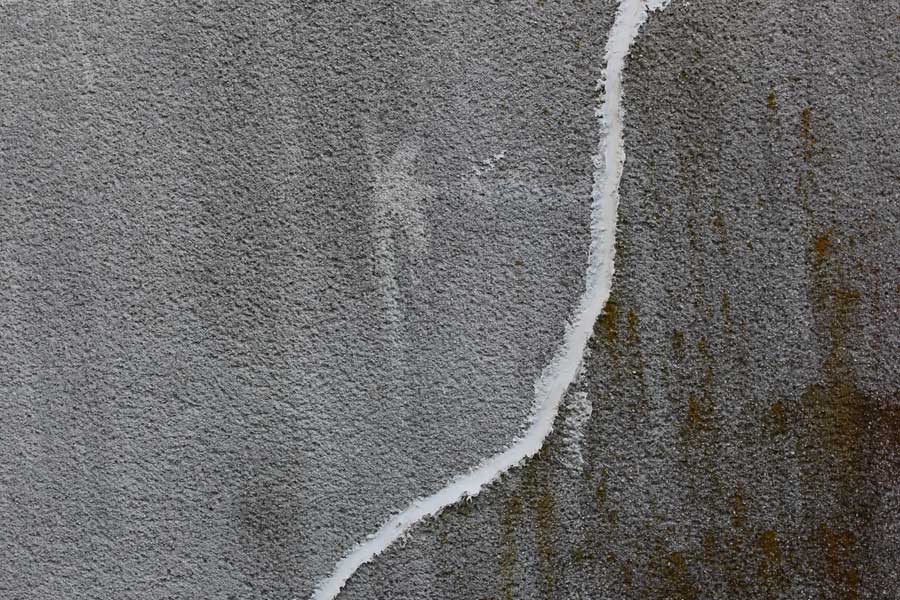
Foundation Damage 101
The foundation of your home serves as a fundamental pillar of structural support, and its integrity is paramount for the overall stability of your residence. Over time, various factors can contribute to foundation damage, potentially jeopardizing the safety and well-being of your home. Recognizing the signs of foundation damage is crucial for early detection and swift intervention. In this article, the experts at Park Range Construction will delve into the common types of foundation damage and offer insights into identifying them promptly.
Signs: Vertical or horizontal cracks in the foundation walls or slab.
Causes: Soil settlement, shifting foundations, temperature fluctuations, and water infiltration can lead to cracks. Identifying the root cause is essential for effective resolution.
Uneven Floors
Signs: Floors that slope or feel uneven when walking.
Causes: Differential settlement, poor soil compaction, water-related issues, or structural problems can result in uneven floors, impacting both comfort and structural integrity.
Sticking Doors and Windows
Signs: Doors and windows that become difficult to open or close.
Causes: Foundation movement due to soil expansion or contraction, settlement, or moisture-related issues can lead to sticking doors and windows, signaling potential foundation damage.
Bowing or Leaning Walls
Signs: Walls that bow, lean, or appear to be shifting.
Causes: Serious concerns arise from bowing or leaning walls, indicating potential compromises to structural integrity. Professional assistance should be sought promptly.
Basement Water Infiltration
Signs: Water seepage, dampness, or puddles in the basement.
Causes: Poor drainage, foundation cracks, or hydrostatic pressure can contribute to water infiltration, potentially causing structural weaknesses and mold growth.
Crawl Space Issues
Signs: Sagging floors, moisture buildup, or pest infestations in the crawl space.
Causes: Inadequate moisture control, poor ventilation, or pest infestations in the crawl space can impact the foundation's stability and overall health.
Cracked Exterior Bricks or Masonry
Signs: Cracks in the exterior brickwork or masonry.
Causes: Foundation movement, soil expansion, or inadequate support may manifest in cracks in the exterior facade, indicating potential foundation issues.
Mold and Mildew Growth
Signs: Presence of mold or mildew in basements or crawl spaces.
Causes: Poor drainage, water infiltration, or high humidity levels can contribute to mold and mildew growth, highlighting potential moisture-related foundation issues.
Don’t Delay – Address Foundation Damage Promptly
Understanding the types of foundation damage and recognizing the signs is imperative for your home's well-being. If you suspect foundation problems or observe any of these signs, seeking professional assistance immediately is crucial. Ignoring foundation damage can result in more extensive and costly repairs in the future. If you notice any of these signs of foundation damage in or around your home, contact the foundation repair specialists at Park Range Construction for help.
Published on 11-20-2023